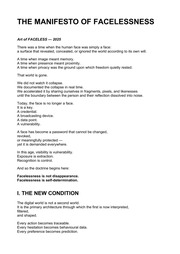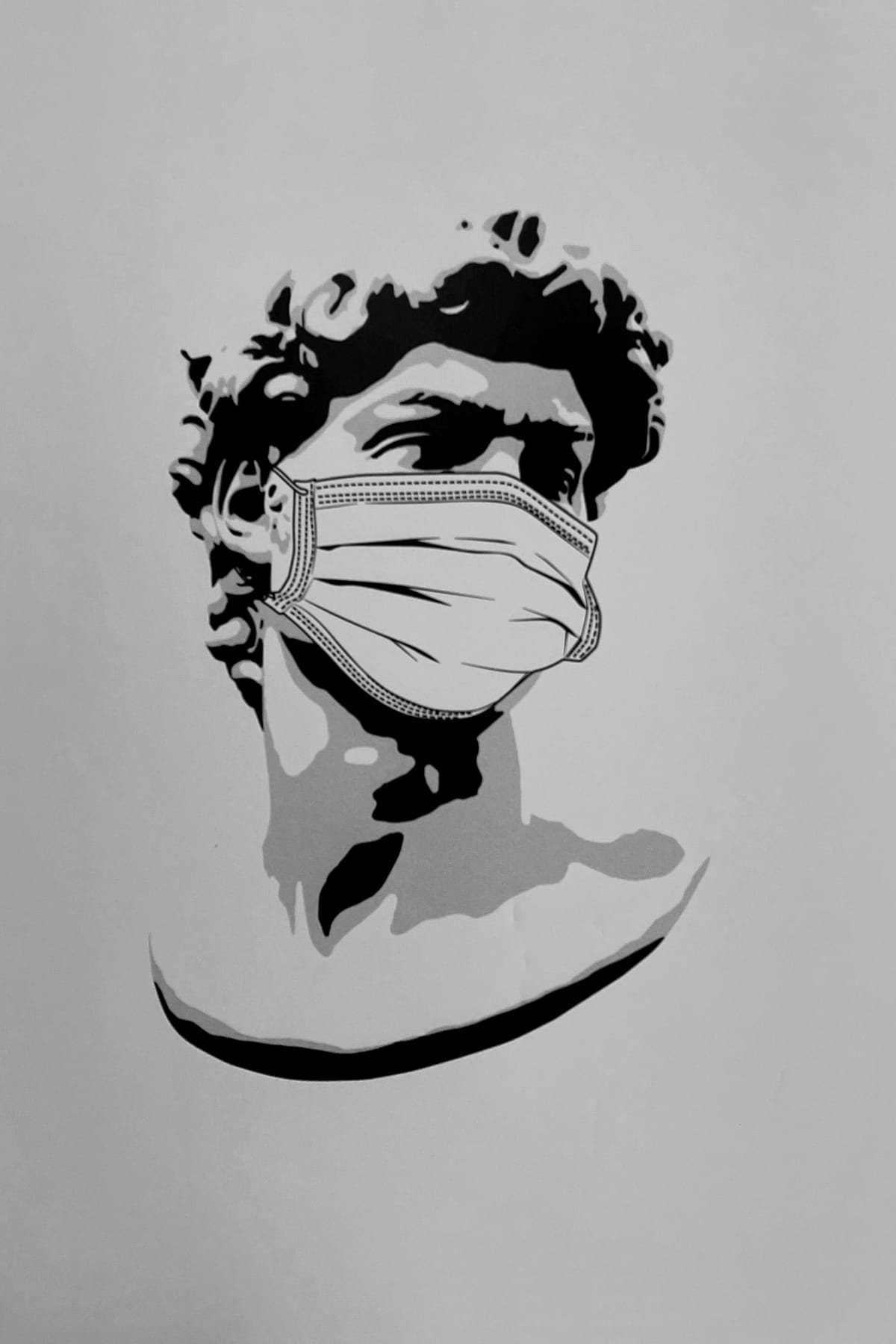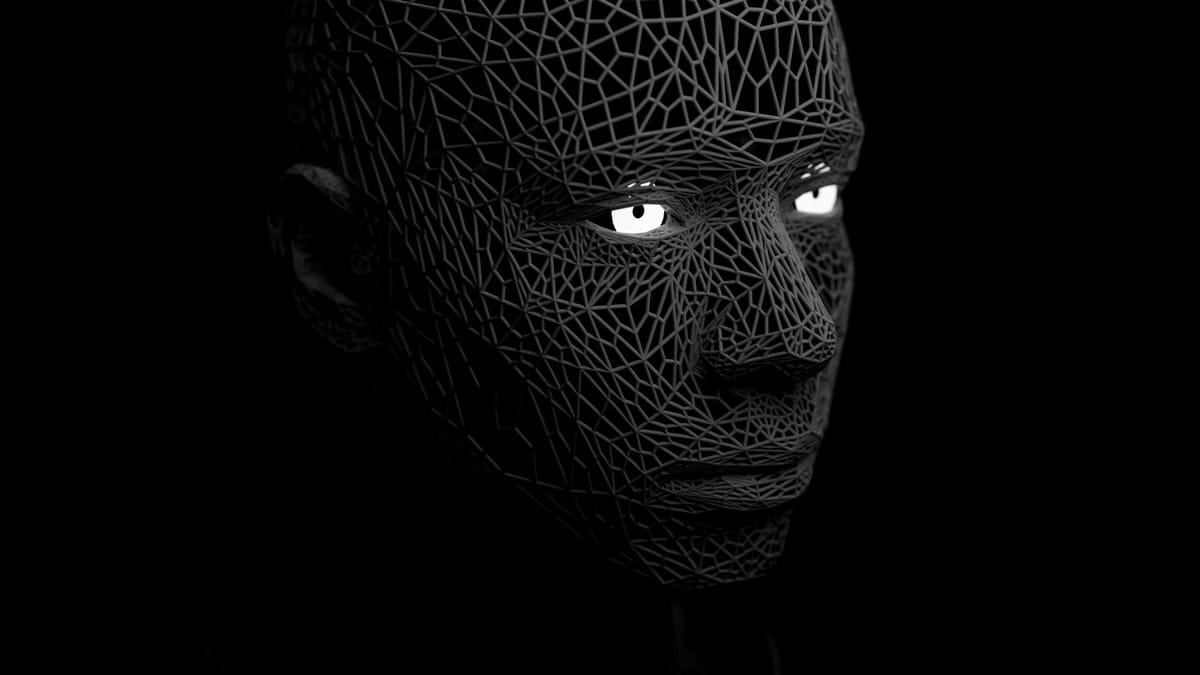myfacebelongsto.me
Your face is not a dataset.
Your image is not a commodity.
Your body is not a tick-box for algorithms to sort:
“safe” or “pornographic.”
“approved” or “erased.”

myfacebelongsto.me is not a site.
It’s a declaration. An archive. A refusal.
Born from the faceless ethos of Art of FACELESS,
it cuts down to one truth:
Owning your image is freedom.
This is where it lives:
- Essays & Manifestos → the record, the critique
- Zines & Prints → cheeky, anarchic, physical
- Faceless Loops & 3D Work → glitch intimacy, forbidden middle
- Books & Collections → The Hollow Circuit
- APP / NFT Artefacts → minted, immutable, archived
Facelessness is not absence.
It’s a choice.
And choice is freedom.
Read the myfacebelongsto.me POSTS here on Art of FACELESS













